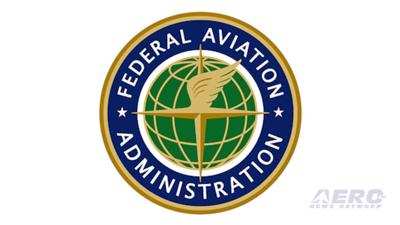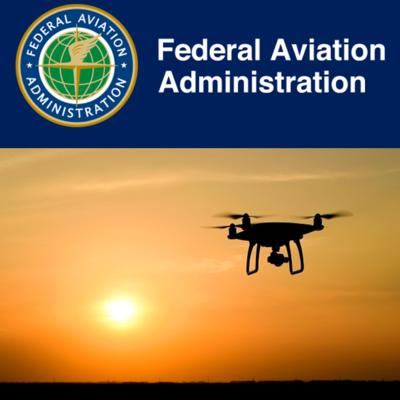Sat, Aug 20, 2022
Recipient Universities to Examine UAV Relevance to Emergency Response
The Federal Aviation Administration (FAA) has awarded $2.7-million to further research pertaining to the means and methods by which Unmanned Air Vehicles (UAV)s may be applied to disaster preparedness and emergency relief efforts.

Acting FAA Administrator Billy Nolen states: “Every second counts in an emergency, and this funding will allow drones to safely and more quickly deploy in moments when minutes matter:”
The research to which the FAA’s 2.7-million will be plied seeks to determine the degree—if any—to which UAVs benefit personnel responding to varied natural and man-made disasters. Also of salience to researchers is the efficacy and efficiency of the procedures by which federal, state, and local disaster preparedness and emergency organizations coordinate their UAV operations.
The beneficiaries of the FAA’s largess and the amounts of their respective awards are:
- University of Vermont: $1,195,000
- University of Alabama Huntsville: $828,070
- New Mexico State University: $400,000
- North Carolina State University: $200,000
- Kansas State University: $145,000
The award is the latest of twenty grants cumulatively valued at $21-million issued through the FAA’s Alliance for System Safety of UAS through Research Excellence (ASSURE) program—a federal initiative with the somewhat nebulous mission of “providing high-quality research and support to autonomy stakeholders both within the US and beyond to safely and efficiently integrate autonomous systems into the national and international infrastructure, thereby increasing commerce and overall public safety and benefit.”

The ASSURE Center of Excellence is one of six such initiatives the FAA has established to—ostensibly—help advance technology and edify the next generation of aviation professionals. Research conducted through ASSURE sets out to foster safe growth within the UAV sector, and promote the integration of unmanned air vehicles into the national airspace system of the United States.
The ASSURE Center of Excellence and its sister programs speak to the U.S. Department of Transportation’s commitment to Advanced Air Mobility (AAM) concepts and hastening their development through funding research and innovation.
The worldwide drone fleet comprises more than 850,000 recreational and commercial drones. That number is expected to grow dramatically in the coming years.
More News
He Attempted To Restart The Engine Three Times. On The Third Restart Attempt, He Noticed That Flames Were Coming Out From The Right Wing Near The Fuel Cap Analysis: The pilot repor>[...]
Make Sure You NEVER Miss A New Story From Aero-News Network Do you ever feel like you never see posts from a certain person or page on Facebook or Instagram? Here’s how you c>[...]
From 2009 (YouTube Edition): Leading Air Show Performers Give Their Best Advice for Newcomers On December 6th through December 9th, the Paris Las Vegas Hotel hosted over 1,500 air >[...]
Aero Linx: NASA ASRS ASRS captures confidential reports, analyzes the resulting aviation safety data, and disseminates vital information to the aviation community. The ASRS is an i>[...]
“For our inaugural Pylon Racing Seminar in Roswell, we were thrilled to certify 60 pilots across our six closed-course pylon race classes. Not only did this year’s PRS >[...]
 NTSB Final Report: Rutan Long-EZ
NTSB Final Report: Rutan Long-EZ ANN FAQ: Turn On Post Notifications
ANN FAQ: Turn On Post Notifications Classic Aero-TV: ICAS Perspectives - Advice for New Air Show Performers
Classic Aero-TV: ICAS Perspectives - Advice for New Air Show Performers ANN's Daily Aero-Linx (06.28.25)
ANN's Daily Aero-Linx (06.28.25) Aero-News: Quote of the Day (06.28.25)
Aero-News: Quote of the Day (06.28.25)




